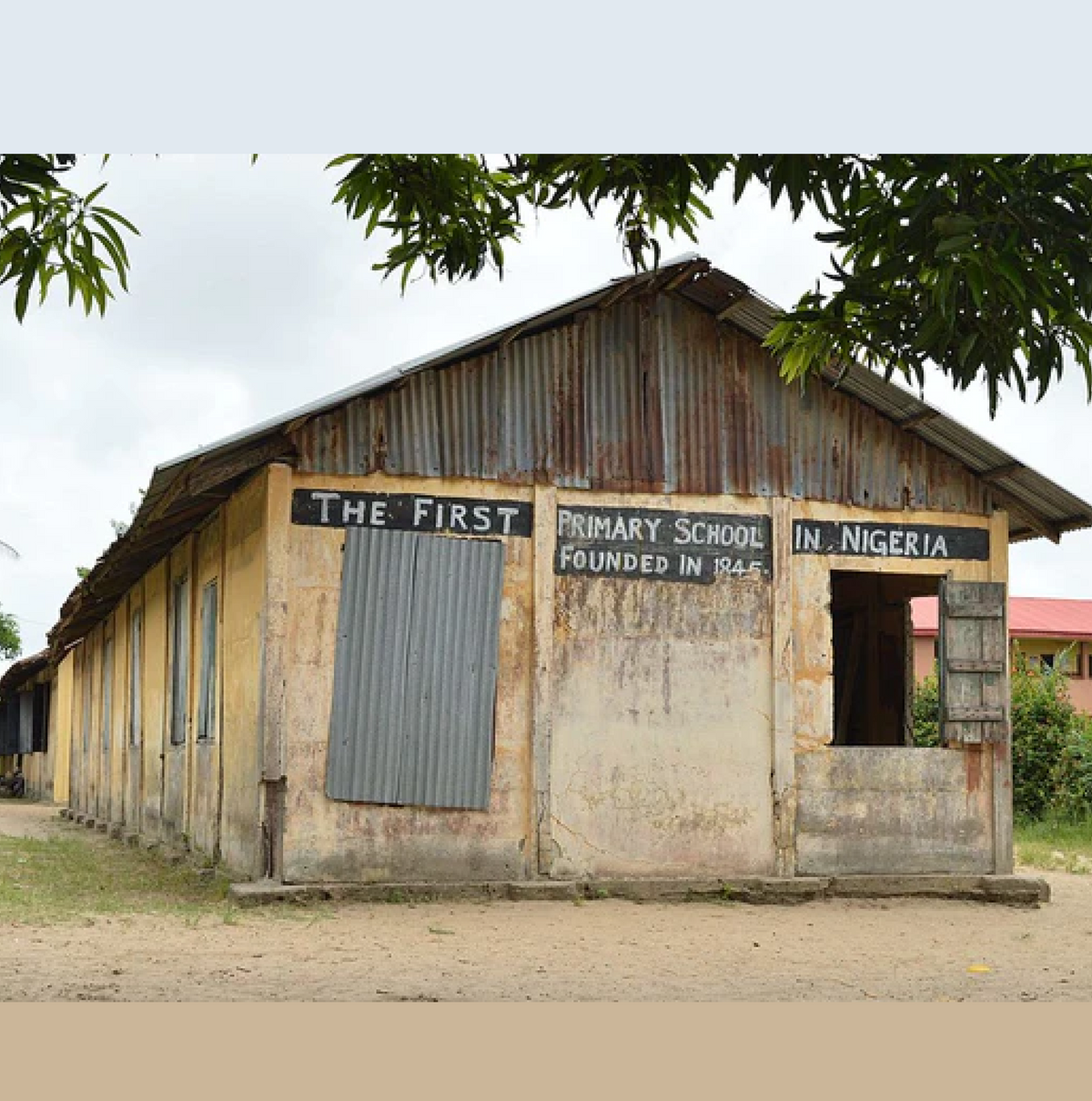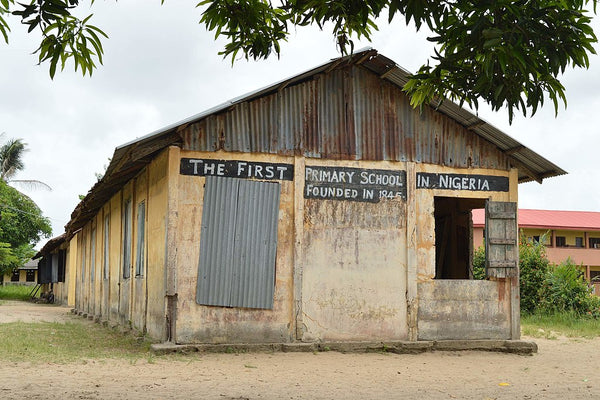
St. Thomas Anglican: The Cradle of Formal Education in Nigeria
|
|
Time to read 1 min
|
|
Time to read 1 min
In 1843, a milestone was achieved in the history of Nigeria with the establishment of St. Thomas Anglican Primary School in Badagry, Lagos. This institution, founded by the Church Missionary Society, represents the dawn of formal education in the country. The school's establishment was a pivotal moment, reflecting the efforts of Christian missionaries to promote literacy and education in Africa during the colonial era.

The school was initiated under the guidance of Rev. Henry Townsend, a missionary dedicated to the educational and spiritual upliftment of the local people. Townsend's vision was soon joined by two other remarkable figures: Rev. Charles Andrew Gollmer and Samuel Ajayi Crowther.
Rev. Gollmer, a German missionary, arrived in Nigeria in the 1840s and played a critical role in setting up the mission in Lagos. His dedication to education was evident in his efforts to work alongside the local communities, fostering an environment conducive to learning.
Samuel Ajayi Crowther, who would become the first African Anglican bishop, brought a unique perspective to this mission. A former slave who was rescued and educated in Sierra Leone, Crowther returned to his homeland as a missionary. His deep understanding of local languages and cultures was instrumental in bridging the gap between the missionaries and the indigenous people, making education more accessible and culturally relevant.
Initially, St. Thomas Anglican Primary School focused on religious education, along with reading, writing, and arithmetic, conducted mainly in English. This not only fostered literacy but also aided in the spread of the English language in Nigeria. Gradually, the curriculum expanded to include history, geography, and other subjects, reflecting the educational trends of the time.
The school became a nurturing ground for many of Nigeria's early leaders and intellectuals. It served as a blueprint for subsequent schools established by missionary societies and the colonial government. The influence of St. Thomas was profound, contributing to the emergence of an educated elite who would later play crucial roles in Nigeria's journey to independence.
Today, St. Thomas Anglican Primary School stands as a testament to the enduring impact of missionary education in Africa. It continues to operate, reminding us of the long journey Nigeria has traversed in the field of education. The collaborative efforts of Townsend, Gollmer, Crowther, and others in establishing this school mark it as a significant chapter in Nigeria's educational history. As such, it remains an important subject for recognition and study, highlighting the transformative power of education and the collaborative spirit that can bridge cultures and communities.